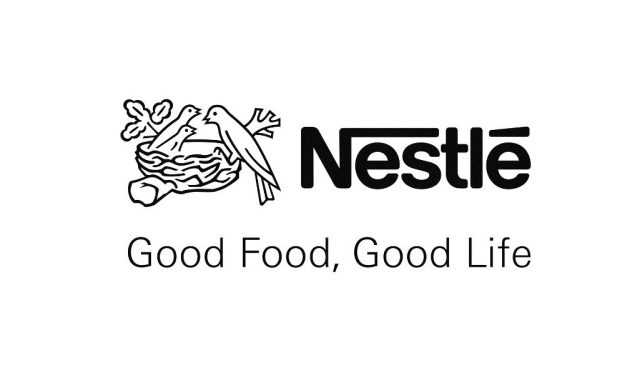ARLINGTON, VA, USA – Nestlé announced today that it is investing to help bring regenerative agriculture practices to wheat farms within its DiGiorno supply chain, with the goal of improving soil, using less water, energy and fertilizer, and helping reduce the impacts of climate change. The initiative will bring regenerative agriculture practices to over 100,000 acres of farmland—nearly double the amount of acres needed to grow the amount of wheat used in its DiGiorno pizza. The work will help the company accelerate the transition to regenerative agriculture in its supply chain.
Today, nearly two-thirds of Nestlé’s global greenhouse gas emissions come from sourcing ingredients, which is rooted in agriculture. As part of its detailed roadmap to achieve net zero emissions by 2050, the company aims to source 20% of its key ingredients through regenerative agricultural methods by 2025, and 50% of its key ingredients by 2030.
“At Nestlé our aim is to help leave the world better than we found it, and as the world’s largest food and beverage company, we have a tremendous opportunity to help create a regenerative, healthy food system while also working with the local farming communities that employ it,” said Steve Presley, CEO, Nestlé Zone North America. “To do this we need to find solutions that create shared value throughout the ecosystem – value for us, value for farmers, value for our consumers, and value for the planet. This investment in wheat producers is just one example of how we are bringing this commitment to life across our supply chain.”
Through partnerships with ADM and Ardent Mills—two primary wheat flour suppliers for DIGIORNO—Nestlé’s investment will benefit wheat farms across Kansas, North Dakota, Indiana, and Missouri. The initiative aims to help wheat farmers in the program employ regenerative agriculture practices in their fields through a combination of financial and technical resources. These practices can include planting cover crops, eliminating or reducing tillage, and reducing the use of pesticides, which can help improve soil health and soil fertility, and protect water resources and enhance biodiversity.
ADM recently measured some outcomes of farmers who have implemented regenerative agriculture methods and reported that over half of the wheat farms in the program used cover crops or living roots in 2022, which helped to sequester more than 3,800 metric tonnes of CO2e—that’s equivalent to taking nearly 850 gas-powered cars off the road for one year. Scott Stroberg of Stroberg Farm in Hutchinson, Kansas, who has been growing wheat for ADM over the last decade, has implemented regenerative agriculture practices on his farm, including replacing synthetic fertilizers with natural alternatives, and is now introducing cover crops with the support of ADM and Nestlé.
“Our family introduced regenerative agriculture practices on our farm after noticing a decline in our yields and deterioration of the health of our soil,” said Stroberg. “These methods have not only been good for our land and the environment, but we’ve also seen a financial benefit as we are spending less on inputs like synthetic chemicals.”
Nestlé: Accelerating the shift to regenerative agriculture practices across the supply chain
Nestlé’s efforts in its U.S. wheat and tomato supply chains build on the company’s recent progress implementing regenerative agriculture practices and net zero farming initiatives on a variety of farms that make ingredients for brands including Carnation, Carnation Breakfast Essentials, Libby’s, and Purina.
Nestlé was the first company to join the U.S. Dairy Net Zero Initiative. In 2021, a Carnation supplier in Modesto, California became the first farm to join a pilot program implementing sustainable technologies and farming practices that help reduce greenhouse gas emissions and prove it can be done in an economical way.
Nestlé Health Science is collaborating with Royal Dairy farm in Royal City, Washington to help reduce greenhouse gas emissions through the U.S Dairy Net Zero Initiative. Royal Dairy joins Nestlé Health Science’s family of dairy suppliers for Carnation Breakfast Essentials® nutritional powder drink mix.
Earlier this year, Nestlé, along with Cargill and the National Fish and Wildlife Foundation, announced the launch of one of the largest private sector regenerative ranching projects in the U.S. that supports ranchers in adopting voluntary conservation practices that can help combat climate change.
Nestlé works with pumpkin farmers across central Illinois who supply Libby’s® to measure the outcomes of farmers who are utilizing regenerative agriculture practices. In 2022, third-party partner Sustainable Environmental Consultants found that farmers who supply Libby’s saved more than 3,100 tons of soil—the equivalent of 194 dump trucks—from being lost to erosion, as compared to conventional farming methods.

















 CAPS: the new proprietary system using capsules made of 85% recycled aluminium
CAPS: the new proprietary system using capsules made of 85% recycled aluminium